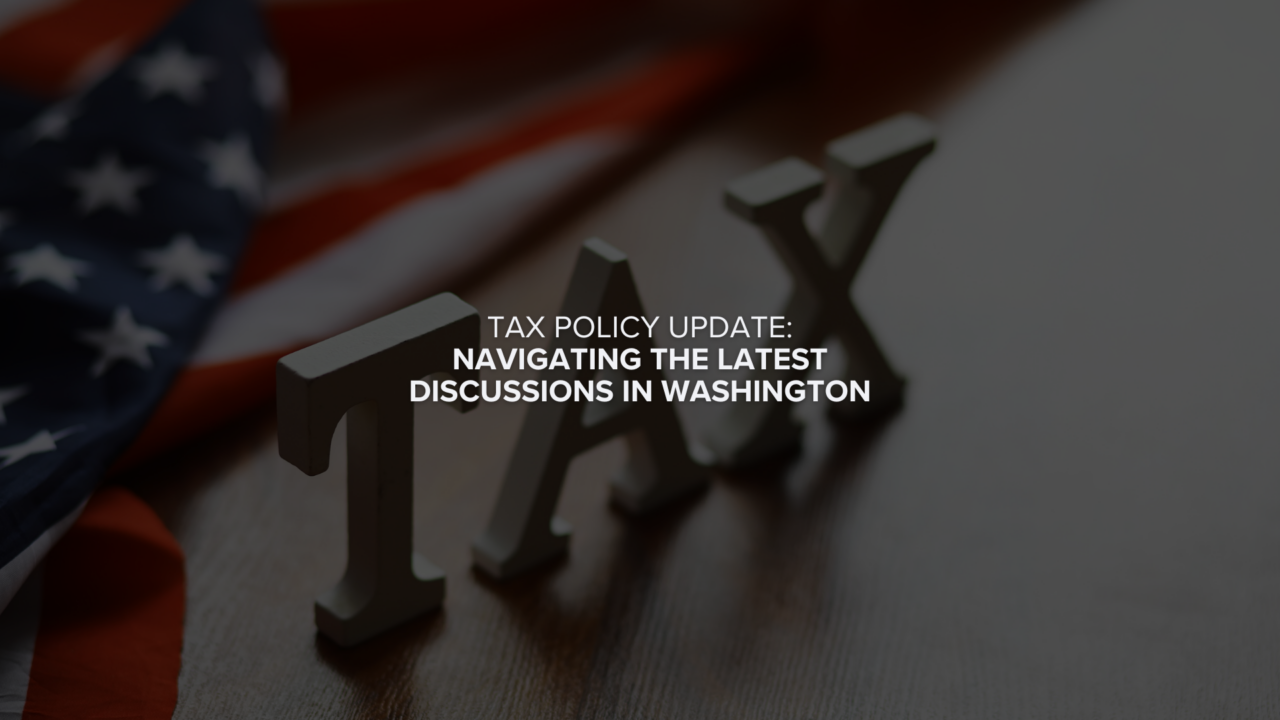2024 has been a relatively stable year economically and from a tax perspective, allowing individuals and businesses to focus on traditional year-end tax planning strategies. Despite the political changes with Donald Trump re-entering the White House, major tax changes are not anticipated until 2025. Use this checklist to guide your year-end tax planning and optimize tax savings for 2024.
For Individuals
Income Deferral and Deduction Maximization:
- Consider Deferring Income: Shift income to 2025 where possible to benefit from slightly increased tax brackets.
- Maximize Deductions: Use bunching strategies to exceed the standard deduction with charitable contributions and medical expenses.
Capital Gains Management:
- Review Capital Gains: Analyze income levels and defer sales to stay within lower capital gains tax brackets if needed.
- Monitor NII Tax Thresholds: Ensure awareness of the Net Investment Income Tax threshold to avoid unnecessary taxes.
Green Energy Credits:
- Claim Energy Efficiency Credits: Evaluate eligibility for the Energy Efficiency Home Improvement Credit and Residential Clean Energy Credit.
Retirement and Charitable Contributions:
- Plan for RMDs: Begin planning for required minimum distributions if applicable to avoid higher tax brackets.
- Execute Qualified Charitable Distributions: Utilize QCDs from IRAs to make tax-free charitable donations.
For Businesses
Retirement Plan Opportunities:
- Evaluate New Retirement Plans: Consider implementing starter 401(k) plans under SECURE 2.0 Act provisions.
Depreciation and Expensing:
- Utilize Depreciation Deductions: Leverage 100% first-year depreciation and Code Sec. 179 expensing before changes in 2025.
Clean Vehicle Credits:
- Leverage Commercial Vehicle Credits: Check eligibility for the $7,500 credit for clean commercial vehicles.
BOI Reporting
- All Businesses are required to file BOI reports to avoid costly penalties.
Additional Year-End Strategies:
- Plan Bonus and Compensation Timing: Ensure timing aligns with desired tax year for deductions.
- Manage Inventory and Prepayments: Consider inventory write-offs and prepayments under cash or accrual accounting systems.
General Recommendations
- Consult a Tax Professional: For personalized advice and to ensure compliance with the latest tax laws.
- Review Legislative Updates: Stay informed about potential tax law changes in 2025 that could impact planning strategies.
While 2025 may introduce significant tax changes, the end of 2024 offers an opportunity to utilize tried-and-true strategies to minimize tax burdens. Both individuals and businesses should consider deferring income, maximizing deductions, managing capital gains, and leveraging available credits to optimize their tax situations.
For a detailed understanding of these strategies and your specific tax needs, always consult with a tax professional.




